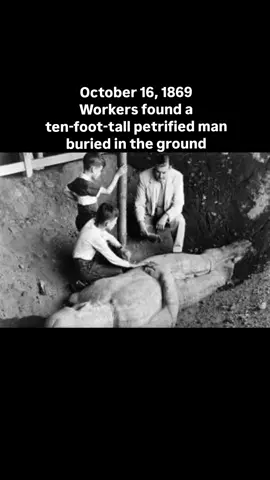nduutt🐣
Region: ID
Tuesday 19 August 2025 13:24:49 GMT
174
19
1
0
Music
Download
Comments
DARMAWANSYAH🤑😉🤙🤲 :
🥰🥰🥰
2025-08-20 03:33:08
1
To see more videos from user @crush6_0, please go to the Tikwm
homepage.





